7 Ways to stay positive about Climate Change or Global Warming
08.08.2019, 09:12
This summer has been a wake up call around the planet as temperatures climbed to record-breaking levels again. It can be easy to give in to negative feelings or a lack of hope - a lack of control - over the future when in fact we just need to open ourselves up to new and better outlooks. It can also be easy to forget how pretty amazing people can be when they begin to share a similar mindset or sense of urgency, and this mindset is growing; that our society can function much more in harmony with nature.
This article is to provide some suggestions about how to stay positive and proactive, especially since there are in fact abundant solutions out there from a local level to the larger ones.
When a majority of people accept a new perspective and have started seeing and agreeing on new solutions, then whole cultures, movements and even civilisations can be born. Science-fiction paints advanced or exciting vistas of technologically-enhanced cities and spaces but what if this chilly vision has it got it wrong all this time? What if the future will actually be all about how technology re-introduces nature back into our lives and living spaces, with green, landscaped cities, more trees and hydroponic-like systems everywhere.

Image from Pixabay
1. Permaculture
Permaculture is a good road towards this future. It’s a lot more than just a ‘lazy’ way of gardening. The word itself comes from a mix of ‘agriculture’ and ‘culture’ and is a movement that is all about permanence. So what makes for a permanent culture? How can farming be more permanent? It would certainly be more cost effective. It shows that we can have everything from our household energy systems to our sewage systems, to our very preoccupations as a species, re-designed more in tandem with nature to make everyone their own producers, instead of relying on central or even temporary resources.
Think for a moment what aspects of our culture are permanent, sustainable and not wasteful? What aspects of farming are ignoring the more resourceful ways that nature extracts energy, grows things, decomposes them and brings things back each year? Permaculture is about looking at how nature does these things, in cycles that do not get exhausted, and that reduce unnecessary waste. If you save up for free Amazon codes here at Prizes Drop, you could begin by ordering a book on the subject to get started.
Equipped with this new outlook, the sky is the limit in how people approach ‘greening’ their lives, their cities and getting closer to nature once again. And what’s also great is that yes, it’s a way to stop trying to control and harvest nature so much and in turn live and work more efficiently alongside it (with reduced footprints).
2. Holiday local and help your area
For starters, flying is terrible for anyone’s carbon footprint unfortunately. It’s really something holiday-makers are going to have to factor in. However, some people see such restrictions as opportunities, and that can be in discovering what lies closer to where you live and work. It’s amazing what you can discover on your doorstep, that you never knew existed even after living in a region for most of one’s life. If you’re desperate to witness some of the wonders of the world on your bucket list, well there’s always virtual reality ‘trips’ that are getting better and better, and come with complete guided narration and all sorts of camera angles that will transport you, even back in time to reconstructions of ancient monuments.
3. Cut down on plastic
Plastic is affecting the ocean ecosystem and accumulating around the planet. We need to think about how much we’re buying. Kids toys are one example: why buy that brand-new item on Amazon when there are so many second-hand ones looking for new homes? Wooden toys are still cherished by kids, and are even making a comeback. Think about how much plastic you throw away every day, even to recycle, and perhaps wonder about alternatives. Besides, it's annoying to have take old toys etc. to the local tip, or have to recycle so much.
4. Experiment with meat-free cooking
Producing meat is wasteful in terms of energy, land and emissions on such a great scale. Eating less of it also leaves you a lot healthier, which sums up the whole transition that society is going through.
There are subscription websites where you can sign up and receive regular recipes - even all their ingredients - in the mail. This can introduce new cooking techniques and enable anyone to discover exciting recipes and ingredients. It’s also a great way to start eating less meat, as there are vegetarian options to subscribe to. You don’t have to go meat free, but just start on that road to reducing such a large dependence on it.
It might be time to buy that book or subscribe to that website which can provide so much great, regular support. You’ll be amazed in what new foods you can discover in your email.
5. Be proud to be an 'enlightened consumer'
People seldom think about the power they hold when they go shopping. Whether shopping online or in-store, your choices make a difference. From choosing less harmful, eco-friendly cleaning products to deciding you don’t really need that extra something. If you’re shocked about items or products then you should boycott them and share your findings with others. The more people agree with you, the more change will happen in shops.
Much of our food travels long distances (especially out-of-season foods) producing greenhouse gases and consuming fossil fuels in the process. Take some time out to get down to your local market and it can open your mind to local and seasonal foods, help the local economy and can also be a good way to catch up with things happening locally.
There are many other decisions outside of regular shopping. What about your choice of energy supplier for your home? Do they use any renewable energy sources on your behalf? You don’t have to be the one installing expensive panels or systems inside your home, when you can receive it from a supplier.

Image by Konstantin Kolosov from Pixabay
6. Start growing something
You don’t need to set up a fully-functional, closed-loop hydroponics system for growing micro-greens, but surely you can catch a bit of rainwater and spread it on some pots of salad? Once you start you’ll want to improve. Just pick up a few long pots and sow a line of carrots or spring onions to begin with. There’s no better satisfaction derived from growing your own food. Plus, it will give you more reason to harvest your own rainwater and start a mini compost heap.
7. Give to charities or spend some precious time
We are busy people. Luckily, there are Important charities that employ people to be active and make that difference for you. Everyone should be donating to WWF and Greenpeace to accelerate the awareness and change needed for our planet.
Even better, give some of your time to a local group and you might end up learning, communicating and getting some exercise in a green cause, however small-scale. These can include tree-planting, clear-ups, green community projects, infrastructure meetings or just walking, observing and helping the protection of animal habitats.
Time to decentralise
‘Human meaning is defined by human effort.’ (from ‘The Little Earth Book’)
Do you rely on a few, centralised sources, companies and providers, or on many? Just as there is a shift happening in the technological world from centralisation to decentralised or distributed computing (and storage), so is there in the everyday, in order to create more robust systems that will not fail under pressure. Once people not only start greening their lives, but adopting a new way of appreciating energy and nature, respecting food sources and participating more in natural processes, they can also live happier lives. Besides, not many generations have had so much information at their fingertips, in the form of the internet.
And this is our last laugh on the wasteful decades of the past. You might argue that for most of human history we have lived in the dark, without true knowledge of our connection with our planet, or of its interconnections and systems. You might envy the past as some golden age of blissful ignorance about our effects on the planet in western luxury. However, the outlook in those days was that money could buy anything, including an empty, stressful and lonely life. Indeed, there have been many generations of co-called ‘rich’ people who have had no idea what to do with their lives, or what was missing from them. This includes many who contributed so much to society and culture.
Whatever does get lost because of global warming in the years to come may not matter, for a new, more permanent culture connected by technology to a ‘greener’ awareness in humanity may well emerge. You can adapt and help others adapt, getting a headstart as an ambassador or even a pioneer. It can start simply, just by watching a video or ordering a book (like here at Prizes Drop where you can get free Amazon gift vouchers by collecting our points.)

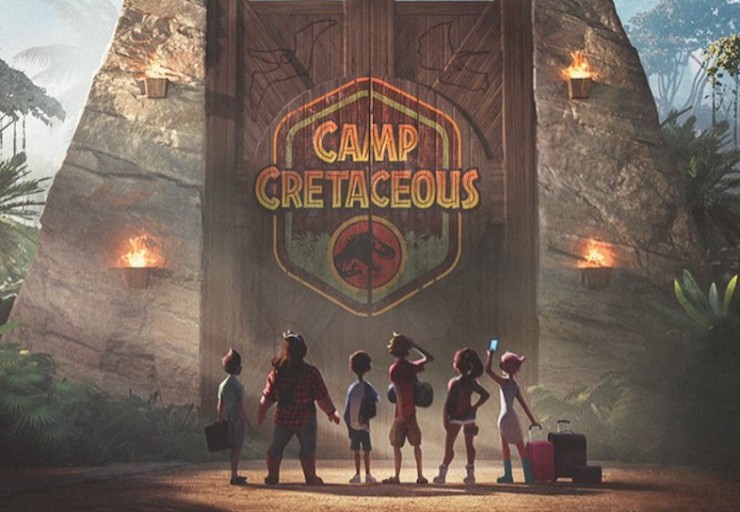 Upcoming (Dreamworks) series on Netflix 2019-2020
Upcoming (Dreamworks) series on Netflix 2019-2020
 5 Quick Alternatives to Youtube for Earning Money (2019+)
5 Quick Alternatives to Youtube for Earning Money (2019+)
 How to get free Bitcoin and what to do with it?
How to get free Bitcoin and what to do with it?
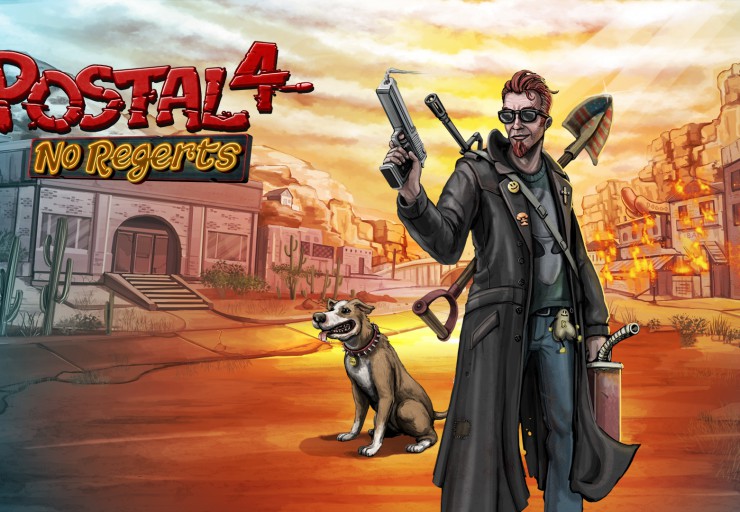 Postal 4: the best fun game for Halloween?
Postal 4: the best fun game for Halloween?
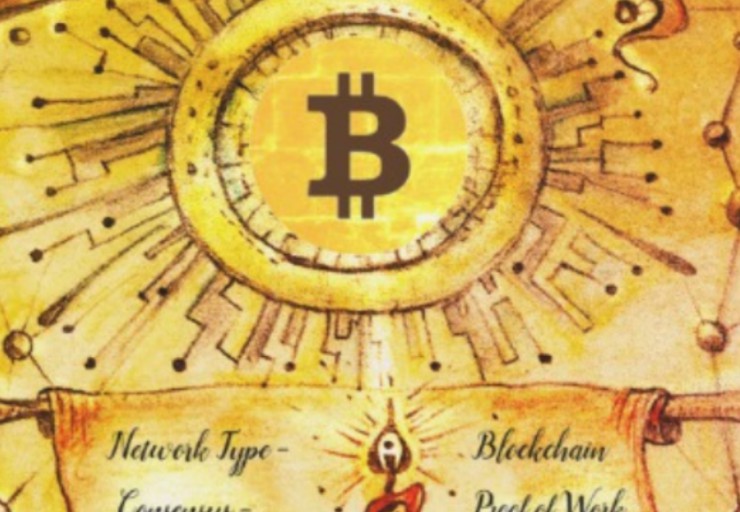 7 Christmas gift ideas for Cryptocurrency lovers and Bitcoin geeks
7 Christmas gift ideas for Cryptocurrency lovers and Bitcoin geeks
 New Star Wars games Coming Soon…
New Star Wars games Coming Soon…
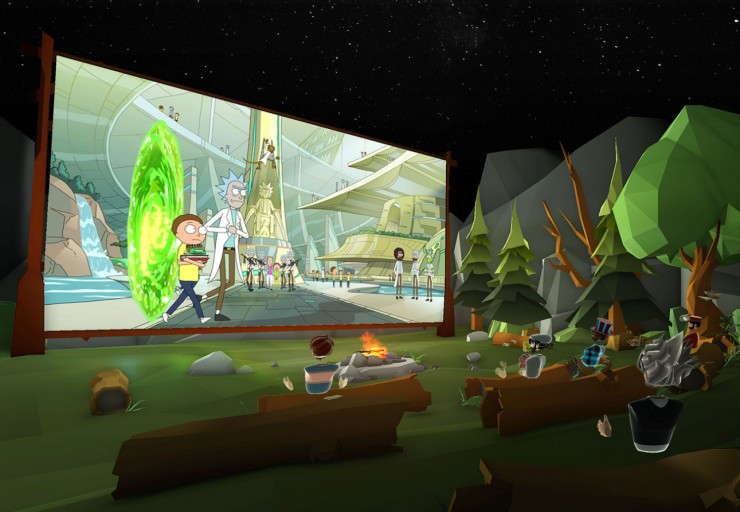 Going to the movies in VR (yes, it’s happening): What's the best app?
Going to the movies in VR (yes, it’s happening): What's the best app?
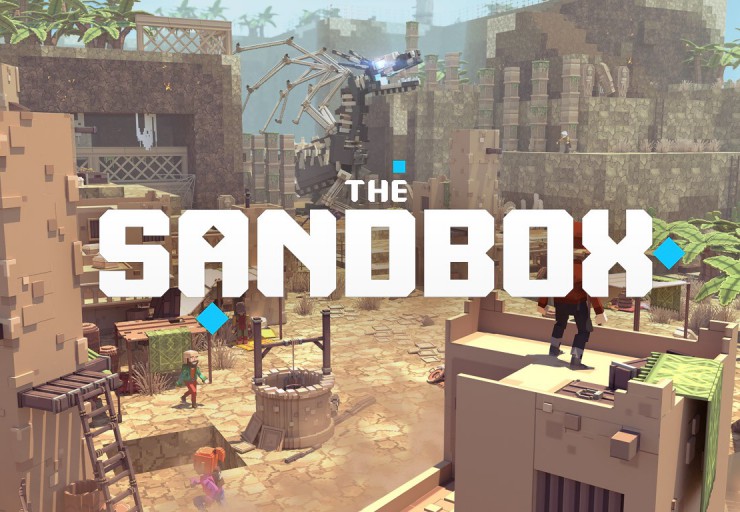 Dive into 'The Sandbox' and get Rewarded!
Dive into 'The Sandbox' and get Rewarded!